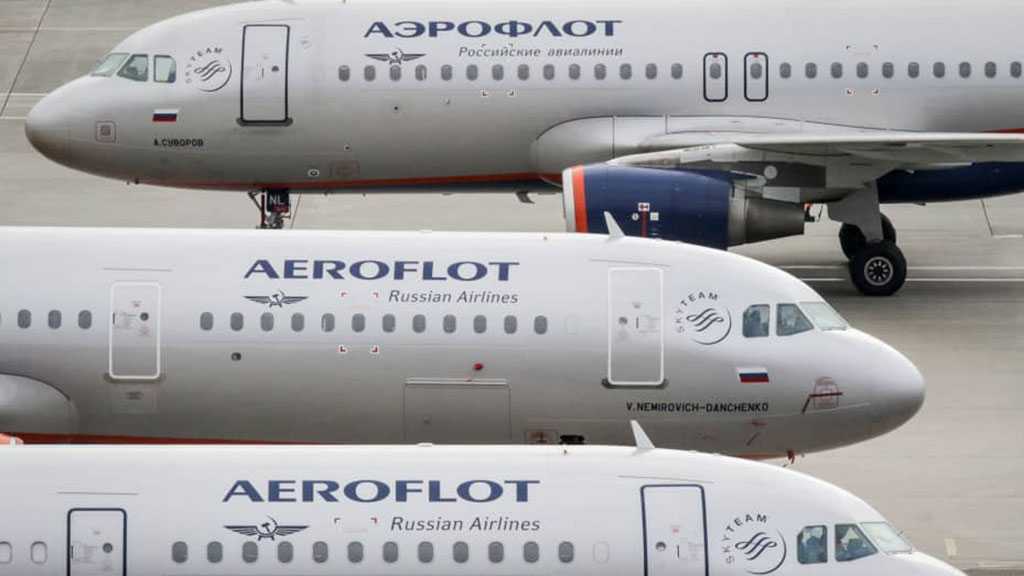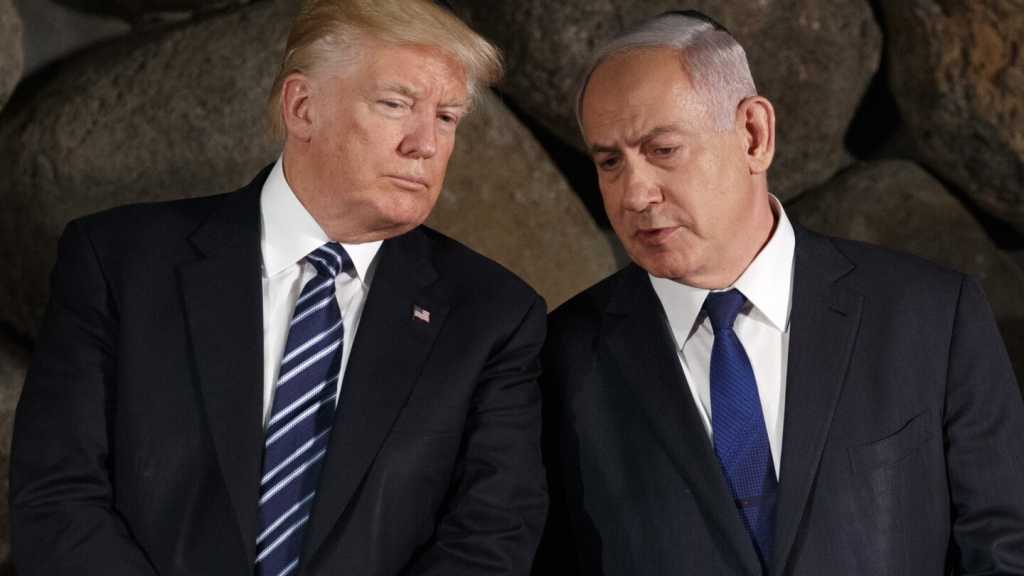
Canada Joins Europe to Close Airspace to Russian Airplanes

By Staff, Agencies
European countries and Canada have moved to close their airspace to Russian airplanes in an unprecedented move aimed at pressuring Moscow to end its military operation in neighboring Ukraine.
The announcement by long-time US allies came as Washington is yet to make a final decision on shutting its airspace to Russian airliners but is expected to follow suit, Western media cited unnamed American officials as saying.
The White House National Security Council has refused to comment on whether the US will close its skies to Russian planes, referring questions to the US Federal Aviation Administration, which has so far reserved its comments on the matter.
Germany, Spain and France joined Britain, the Nordics and Baltic states in declaring ban on Russian use of their airspace, a pressure tactic used mostly by member states of the US-led NATO military alliance against countries that refuse to fall in line.
The latest move by US allies comes in response to Russia's military intervention in Ukraine, which has prompted the Western countries to declare unprecedented sanctions against Moscow.
The ban on Russian airplanes comes as the airline industry continues to grapple with the fallout from the COVID-19 pandemic that is undermining global demand for air travel.
Moscow has already responded to the European airspace blockade with its own retaliatory measures, barring airlines from Britain, Bulgaria and Poland from flying over its skies.
Russia’s Aeroflot Airlines has suspended all flights to Europe. Russia's flagship carrier also announced on Sunday that it was suspending flights to Europe after the European Union closed its airspace to Russian airliners.
"Aeroflot is suspending flights of the European route network from February 28, 2022 until further notice," the company said in a statement posted on its website.
The announcement came after the EU announced earlier in the day that it would close its airspace to Russian carriers, adding to a litany of Western sanctions imposed on Russia.
The EU's airspace ban prohibits flights into or over the EU by all Russian planes, including private jets.
In response, Russia has barred flights from a number of countries such as Britain, Latvia, Lithuania, Estonia, Slovenia, Bulgaria, Poland and the Czech Republic.
Without access to Russia's airways, experts insist that airliners will have to divert flights south while also avoiding areas of tension in the Middle East region.
Analysts opine that reciprocal airspace ban by Russia and the US would cause longer flight times for US carriers and could require crew changes on East Coast routes to Asia, which could make certain flights too costly to operate for American carriers.
"France is shutting its airspace to all Russian aircraft and airlines from this evening on," French Transport Minister Jean-Baptiste Djebbari said in a Twitter post.
Air France-KLM said it was suspending flights to and from Russia as well as the over-flight of Russian airspace until further orders as of Sunday.
Earlier, Germany's transport ministry also announced that it would close its airspace to Russian airplanes for three months from Sunday, with the exception of humanitarian aid flights.
Spain has also closed its airspace to Russian aircrafts.
The closure of European airspace to Russian airlines and vice versa had immediate impact on global aviation.
Air France said it was temporarily suspending flights to and from China, Korea and Japan, adding that it "studies flight plan options to avoid Russian airspace, in compliance with French and international authorities' directives."
Canada also said it had closed its airspace to Russian airplanes effective immediately.
A spokesperson for Canada's transport minister said there are no direct flights between Russia and Canada, but several Russian flights pass through Canadian airspace every day.
Nordic countries including Sweden, Finland, Denmark and Iceland also made similar announcements, following on from closures declared by Britain, Poland, Bulgaria, Czech Republic and Romania.
Baltic countries Lithuania, Latvia and Estonia are also refusing their airspace to Russian flights.
"It is now absolutely necessary to proceed with further tough measures to isolate Russia," said Swedish EU Minister Hans Dahlgren in an interview with public service radio SR.



